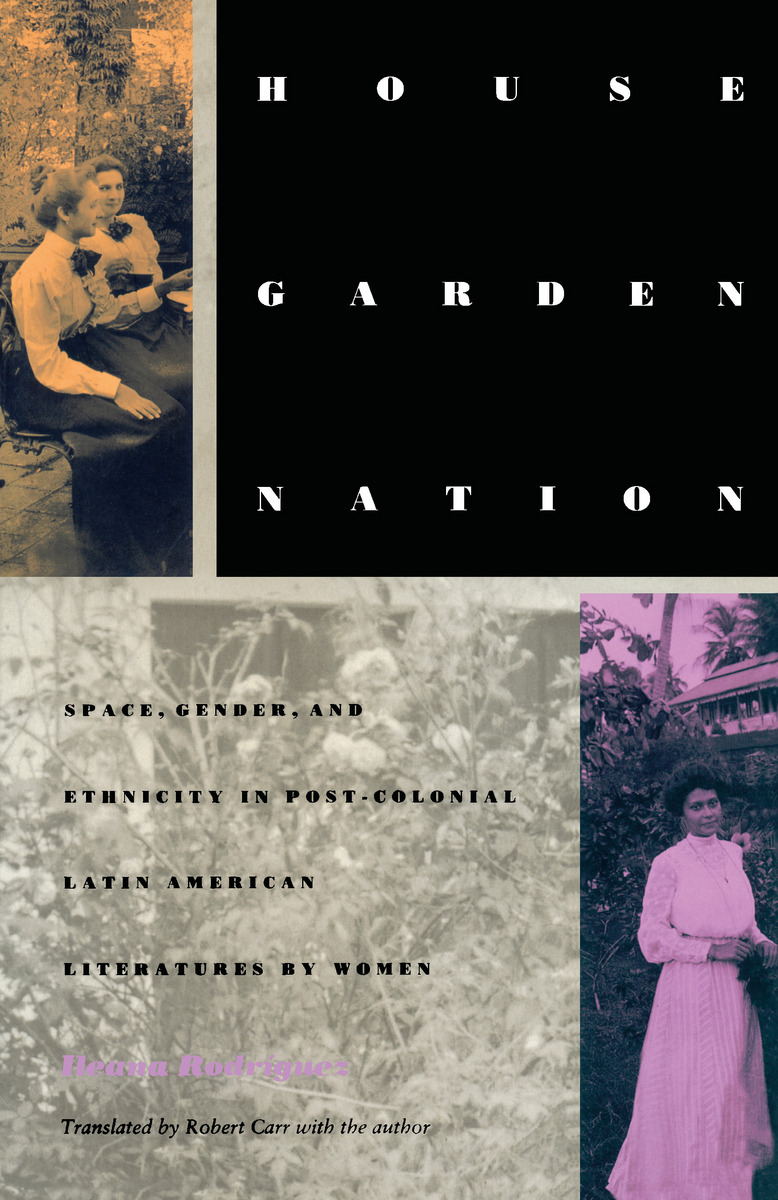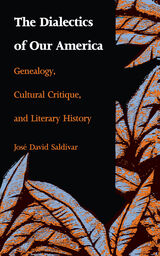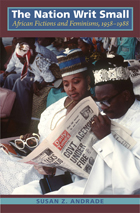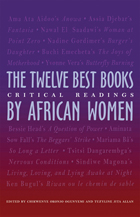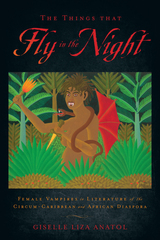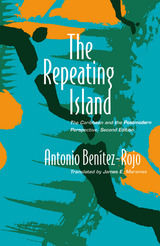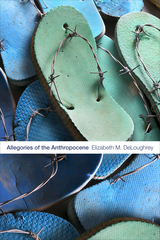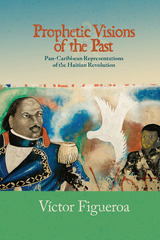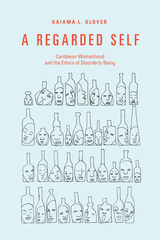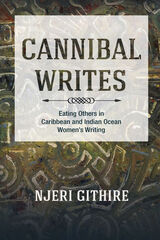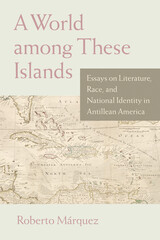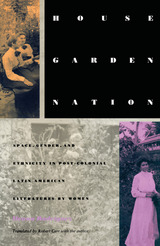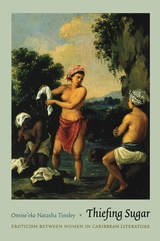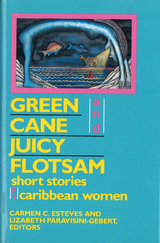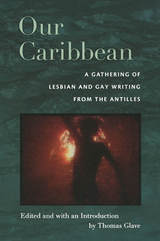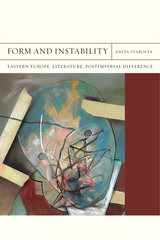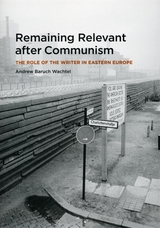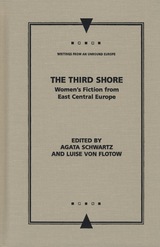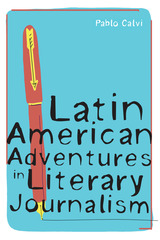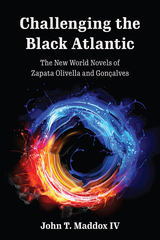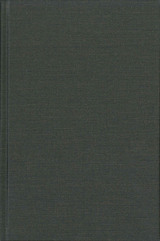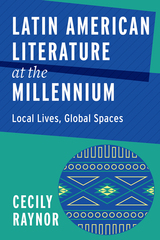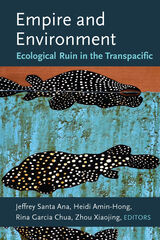House/Garden/Nation: Space, Gender, and Ethnicity in Post-Colonial Latin American Literatures by Women
Duke University Press, 1994
Cloth: 978-0-8223-1450-9 | Paper: 978-0-8223-1465-3 | eISBN: 978-0-8223-8187-7
Library of Congress Classification PN849.C3R7 1994
Dewey Decimal Classification 809.8928709729
Cloth: 978-0-8223-1450-9 | Paper: 978-0-8223-1465-3 | eISBN: 978-0-8223-8187-7
Library of Congress Classification PN849.C3R7 1994
Dewey Decimal Classification 809.8928709729
ABOUT THIS BOOK | AUTHOR BIOGRAPHY | REVIEWS | TOC | REQUEST ACCESSIBLE FILE
ABOUT THIS BOOK
How ironic, the author thought on learning of the Sandinista’s electoral defeat, that at its death the Revolutionary State left Woman, Violeta Chamorro, located at the center. The election signaled the end of one transition and the beginning of another, with Woman somewhere on the border between the neo-liberal and marxist projects. It is such transitions that Ileana Rodríguez takes up here, unraveling their weave of gender, ethnicity, and nation as it is revealed in literature written by women.
In House/Garden/Nation the narratives of five Centro-Caribbean writers illustrate these times of transition: Dulce María Loynáz, from colonial rule to independence in Cuba; Jean Rhys, from colony to commonwealth in Dominica; Simone Schwarz-Bart, from slave to free labor in Guadeloupe; Gioconda Belli, from oligarchic capitalism to social democratic socialism in Nicaragua; and Teresa de la Parra, from independence to modernity in Venezuela. Focusing on the nation as garden, hacienda, or plantation, Rodríguez shows us these writers debating the predicament of women under nation formation from within the confines of marriage and home.
In reading these post-colonial literatures by women facing the crisis of transition, this study highlights urgent questions of destitution, migration, exile, and inexperience, but also networks of value allotted to women: beauty, clothing, love. As a counterpoint on issues of legality, policy, and marriage, Rodriguez includes a chapter on male writers: José Eustacio Rivera, Omar Cabezas, and Romulo Gallegos. Her work presents a sobering picture of women at a crossroads, continually circumscribed by history and culture, writing their way.
In House/Garden/Nation the narratives of five Centro-Caribbean writers illustrate these times of transition: Dulce María Loynáz, from colonial rule to independence in Cuba; Jean Rhys, from colony to commonwealth in Dominica; Simone Schwarz-Bart, from slave to free labor in Guadeloupe; Gioconda Belli, from oligarchic capitalism to social democratic socialism in Nicaragua; and Teresa de la Parra, from independence to modernity in Venezuela. Focusing on the nation as garden, hacienda, or plantation, Rodríguez shows us these writers debating the predicament of women under nation formation from within the confines of marriage and home.
In reading these post-colonial literatures by women facing the crisis of transition, this study highlights urgent questions of destitution, migration, exile, and inexperience, but also networks of value allotted to women: beauty, clothing, love. As a counterpoint on issues of legality, policy, and marriage, Rodriguez includes a chapter on male writers: José Eustacio Rivera, Omar Cabezas, and Romulo Gallegos. Her work presents a sobering picture of women at a crossroads, continually circumscribed by history and culture, writing their way.
See other books on: Caribbean Area | Ethnicity | Feminism and literature | Jameson, Fredric | Space
See other titles from Duke University Press
